No more income inequality
These are new contents discussed by many delegates when discussing the Draft Law on Civil Servants and Civil Servants.
 |
In addition to salary, civil servants will have many other sources of income. This promises to significantly increase the income of civil servants. |
In addition to building civil servant salaries based on job positions, when discussing the revised Law on Cadres and Civil Servants, many National Assembly deputies also said that there should be policies to motivate cadres and civil servants, including fair salary and bonus policies linked to performance and working conditions.
Regarding this content, the Government said that the draft Law has added the right of cadres and civil servants to enjoy other incomes according to the results and products of the job position held, in accordance with the socio -economic development conditions of the country.
Based on this regulation, the Government will direct competent authorities to research and regulate expenditure norms (other than salary expenditure) according to products for each job.
This regulation aims to ensure that the income of cadres and civil servants is linked to results, efficiency and labor productivity.
"From there, cadres and civil servants are motivated to improve the quality of their work on the basis of ensuring the principle of income commensurate with the value of their labor, "work more, get more, work less, get less", gradually solving the problem of income inequality", the Government's explanatory report said.
Specifically, regarding the rights of cadres and civil servants regarding salaries, bonuses and salary-related regimes, the draft revised Law on Cadres and Civil Servants stipulates that they are entitled to salaries, bonuses and other incomes based on the results and products of the job position they hold, in accordance with the socio-economic development conditions of the country and locality.
In addition, officials and civil servants are entitled to overtime pay, night work pay, business travel expenses and other benefits as prescribed. Compared to the current bill, this draft law stipulates additional overtime pay.
In addition, cadres and civil servants working in areas with especially difficult socio-economic conditions or in arduous, toxic, or dangerous jobs and occupations are entitled to allowances and preferential policies according to regulations.
Are civil servants paid for public holidays?
Previously, when discussing this Draft Law, many delegates proposed to increase the number of days off per year for officials and civil servants and possibly accumulate the number of days off throughout the working period. In addition, there were also concerns about the regulation on paying an additional amount of money equal to salary for days not taken off...
Regarding this issue, the Ministry of Home Affairs believes that regulations on annual leave for officials and civil servants need to be implemented in accordance with the provisions of the Labor Code to ensure a common ground and harmony between the public and private sectors.
The content of payment of an amount equal to salary for days not taken off is regulated as current law to ensure the rights of cadres and civil servants in cases where due to job requirements they cannot arrange leave or do not use up all annual leave days.
In addition, the Government will specify specific contents on processes, procedures and conditions to ensure consistency during implementation.
The draft revised Law on Cadres and Civil Servants stipulates that cadres and civil servants are entitled to annual leave, holidays, personal leave, and unpaid leave in accordance with the provisions of labor law.
In case, due to job requirements, cadres and civil servants do not use or do not use up all of their annual leave days, in addition to their salary, they will be paid an additional amount equal to their salary for the days they do not take off.
In addition, cadres and civil servants are guaranteed the right to study, conduct scientific research, and participate in economic and social activities, except for activities as prescribed; enjoy preferential policies on housing, social insurance, health insurance and other policies as prescribed by law; in case of injury or death while performing official duties, they will be considered for the same policies and regimes as war invalids or be considered for recognition as martyrs.
It is expected that on June 24, the Draft Law on Cadres and Civil Servants will also be considered and approved by the National Assembly.
Source: https://baobacninhtv.vn/ngoai-luong-cong-chuc-duoc-huong-nhung-khoan-gi-trong-thoi-gian-toi--postid420649.bbg








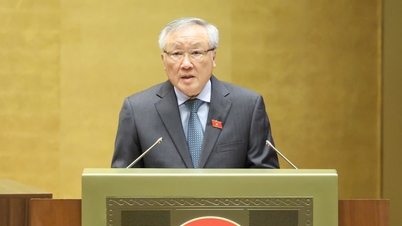

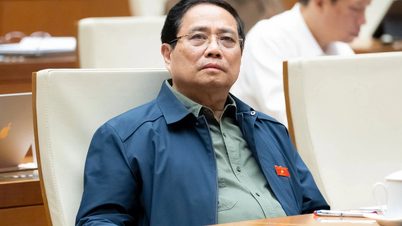

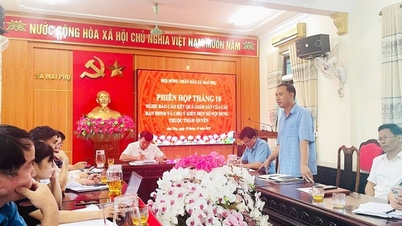

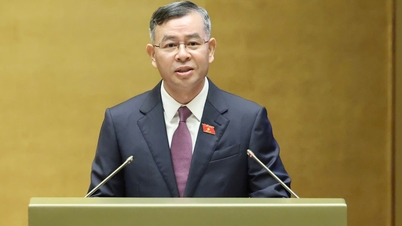

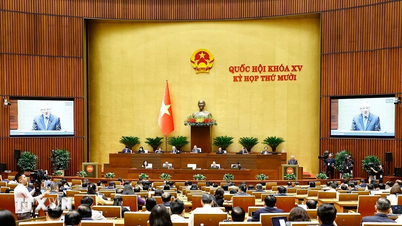

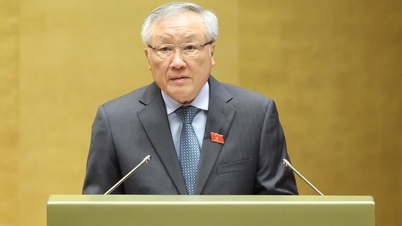
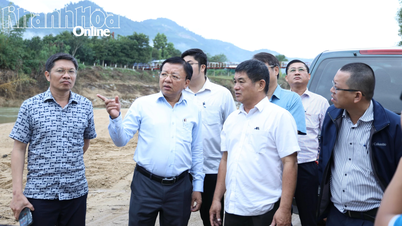



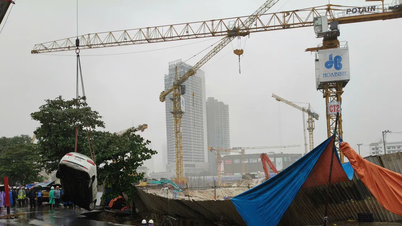

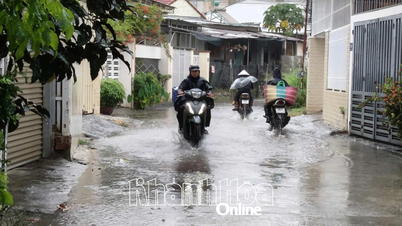








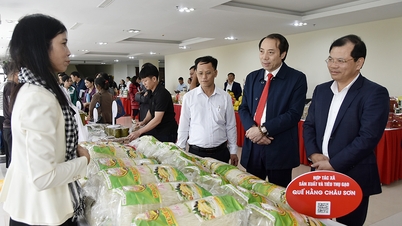

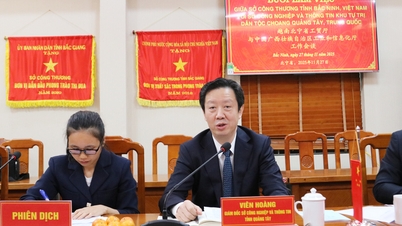
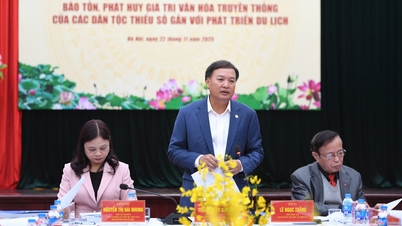
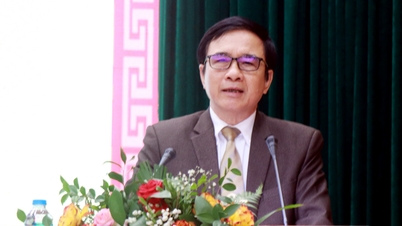
![[Photo] Parade to celebrate the 50th anniversary of Laos' National Day](/_next/image?url=https%3A%2F%2Fvphoto.vietnam.vn%2Fthumb%2F1200x675%2Fvietnam%2Fresource%2FIMAGE%2F2025%2F12%2F02%2F1764691918289_ndo_br_0-jpg.webp&w=3840&q=75)
![[Photo] Worshiping the Tuyet Son statue - a nearly 400-year-old treasure at Keo Pagoda](/_next/image?url=https%3A%2F%2Fvphoto.vietnam.vn%2Fthumb%2F1200x675%2Fvietnam%2Fresource%2FIMAGE%2F2025%2F12%2F02%2F1764679323086_ndo_br_tempimageomw0hi-4884-jpg.webp&w=3840&q=75)























































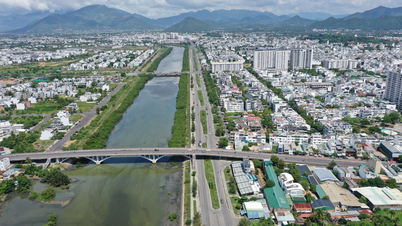














Comment (0)